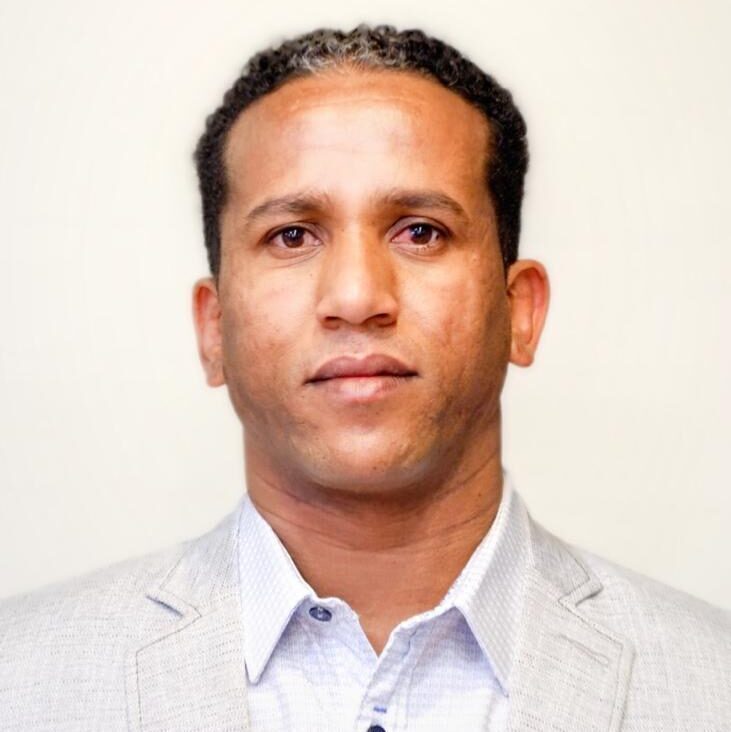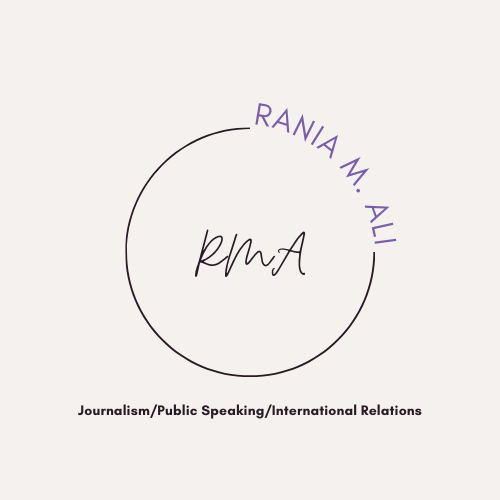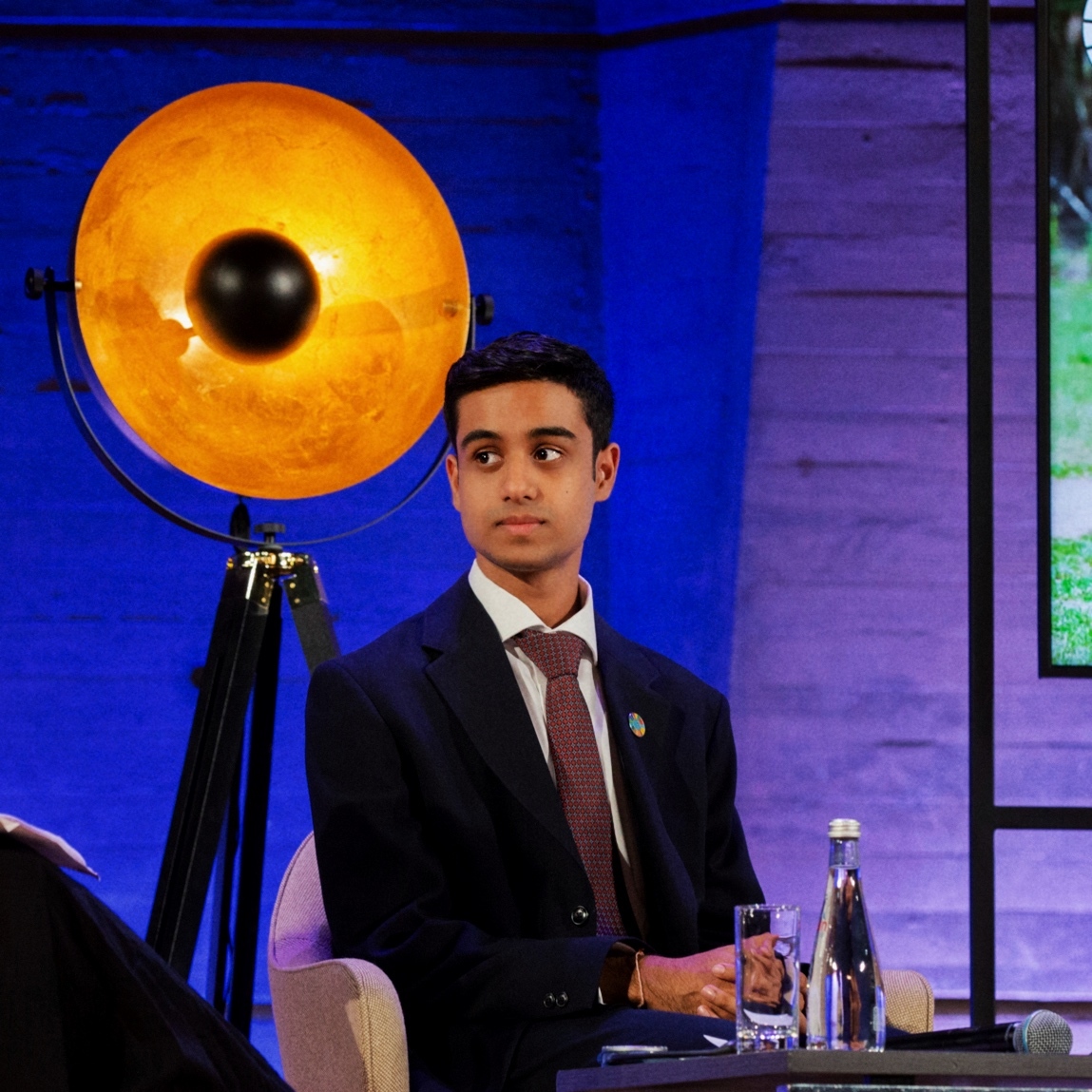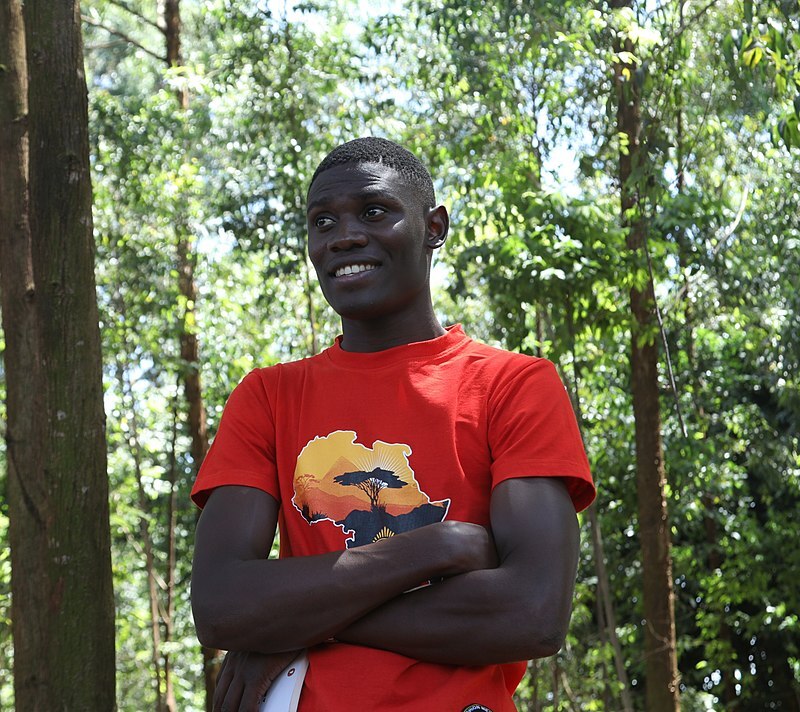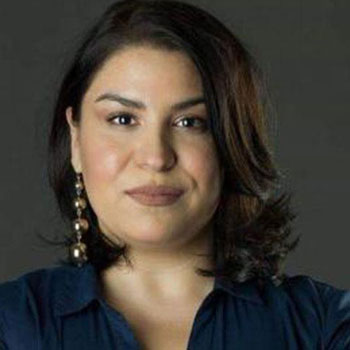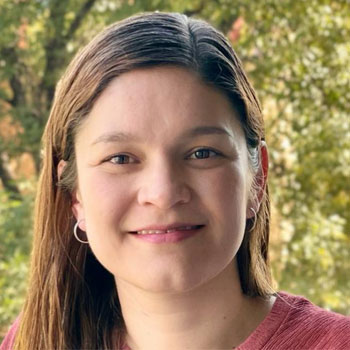Climate Justice… Or Not?
Who is responsible?
The richest 1% creates double the carbon dioxide
emissions as the entire poorer half of the world
Richest 1%
Key factors are driving
high-emitting vehicles
and flying frequently


Poorest 50%
Responsible for far fewer CO2
emissions yet far more exposed
to climate change impact
“Can there be peace and prosperity if one-third of the world – literally – prospers
and two-thirds live under siege and face calamitous threats to our wellbeing?”
Barbados Prime Minister Mia Mottley, speaking at COP26 in November 2021
Funding for war or renewables?
In 2020, global military expenditure was four times more
than spending on the transition to a low-carbon economy.
And military emissions of greenhouse gases (6% of
the total) are not mandatory in climate agreements.
$1,981 billion for military
In 2020, global military spending
rose to almost $2 trillion, 62% of
which was from the US, China,
India, Russia and the UK

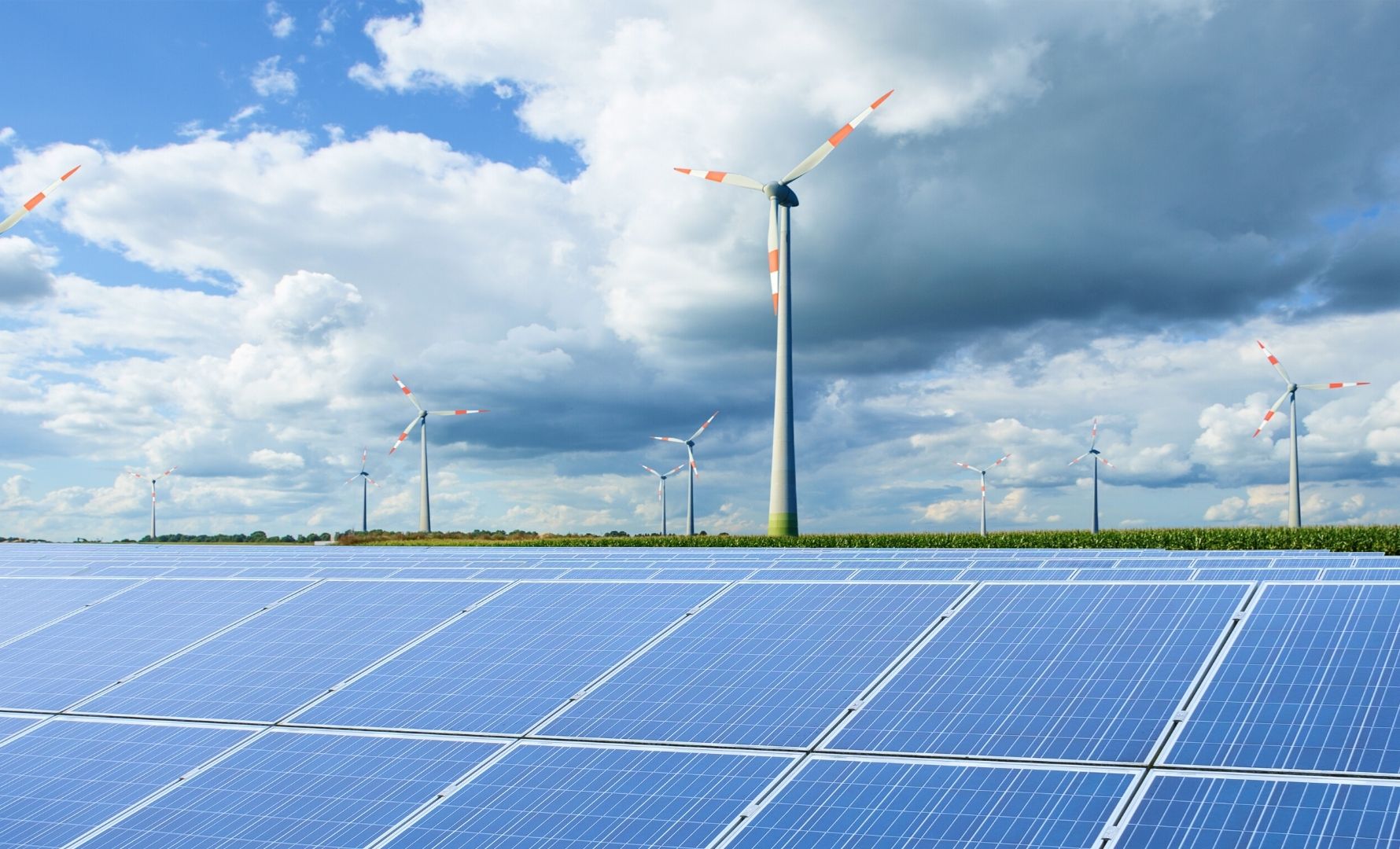
$501 billion for renewables
In comparison, only around one quarter of that amount went to renewable power, electric vehicles, clean energy, etc.
Nuclear weapons or climate?
Similarly, national budgets often favor weaponry
over the environment. For example, the US plans
to spend over three times more on nuclear
weapons than on climate change in 2022.
About that $100 billion…
In 2009, wealthy countries pledged to come up with $100 billion annually to
support poorer nations handle climate change mitigation and adaptation.
That target has been missed by at least 20%. Consequences?
Inadequate climate finance
As Barbados Prime Minister
Mia Mottley has observed,
failure to provide the pledged
funding is a ‘death sentence’:
‘this is immoral, and it is unjust.’


Pledged climate finance
That $100 billion would support transition to low-carbon economies and adaption to negative repercussions of climate change, saving lives in the process.
“Protecting countries from climate disaster is not charity. It is solidarity and enlightened
self-interest. … Success or failure is not an act of nature. It’s in our hands.”
UN SG António Guterres, speaking at COP26 in November 2021
IN COOPERATION WITH:






